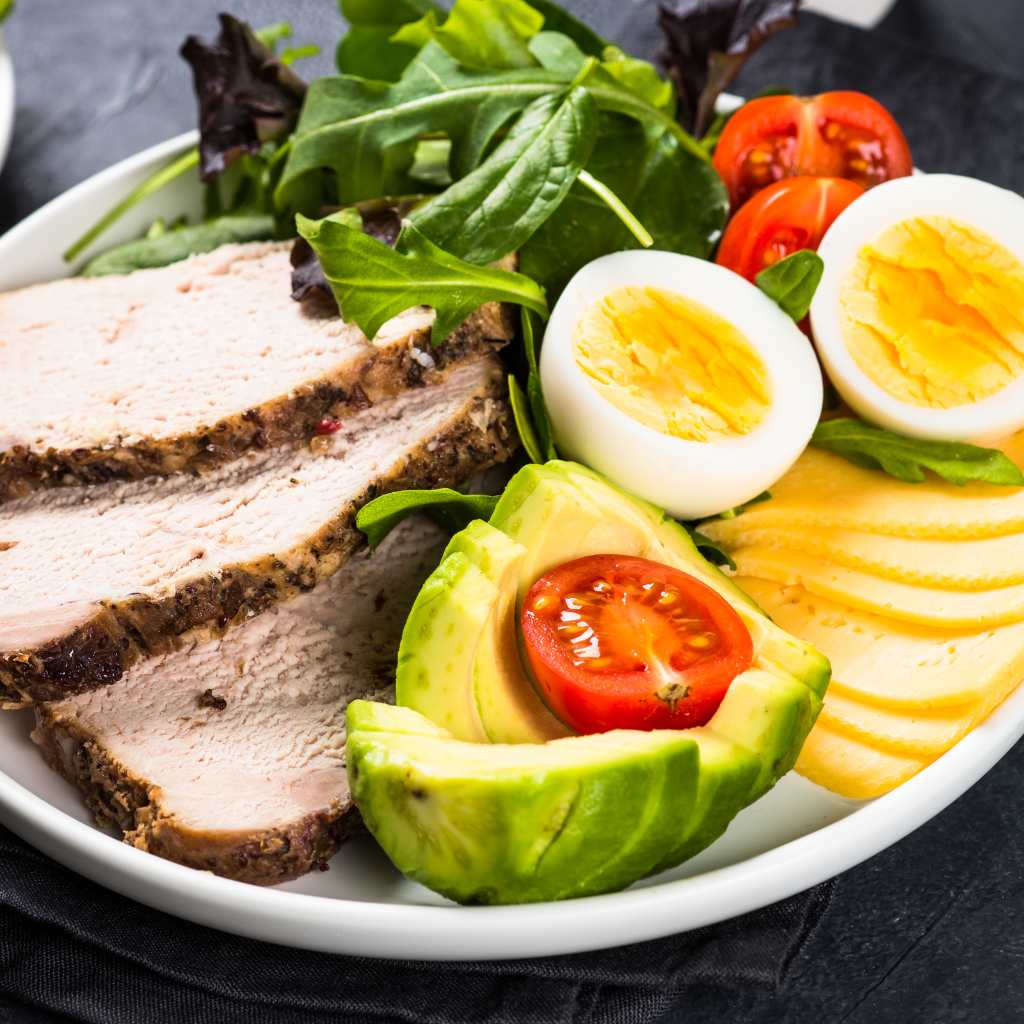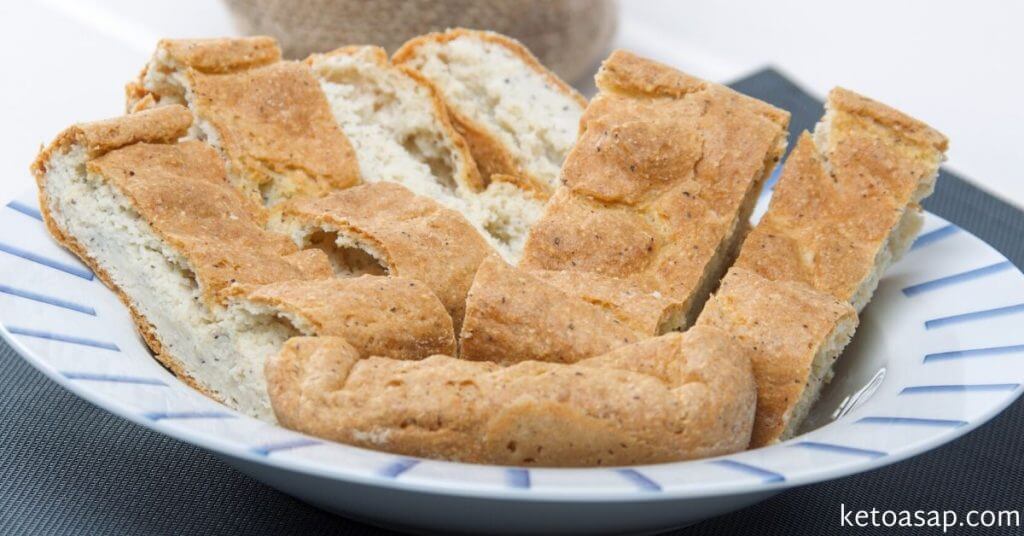Menu
All about Moringa
The Moringa plant is gaining popularity in the Western world for its superfood properties. This diverse plant, also known as Moringa Oleifera, is native to India, Pakistan, the Himalayan region, Africa and Arabia and has been used traditionally in Indian Ayurvedic medicine for hundreds of years.
Moringa leaf is a rich source of nutrition, including impressive amounts of vitamin C, vitamin A, calcium, potassium, magnesium and iron. It is also rich in digestible protein, making it a great protein supplement for the elderly, chronically ill, vegans and vegetarians. Moringa has a wide range of health benefits and is useful in boosting detoxification, improving stress resilience, reducing inflammation, reducing high blood pressure, lowering blood sugar, eliminating excess water and lowering cholesterol.
Moringa can be used as a topical and internal antibiotic for bacterial, fungal and viral infections. It boosts the function of all the body’s systems and is one of many adaptogenic herbs that work to balance the body by either reducing or boosting the metabolism and stress response, depending on your needs.
Almost all the parts of the moringa plant are edible. The leaves have a pleasant flavour and can be consumed raw in salads, steamed or stir-fried. The immature green pods can be eaten in the same way as green beans, and the seeds can be removed and cooked like peas or roasted like nuts. The plant is also powdered and taken in capsule or powder form and you can also purchase Moringa in tea bags.
Moringa is generally safe, but if you have any chronic health conditions it may be best to check with your doctor before adding new supplements to your diet. Pregnant woman should not use moringa, although breast feeding woman may use it to encourage breast milk production.
Moringa products are supplied by The Lifestyle Cafe . Click here to see more





